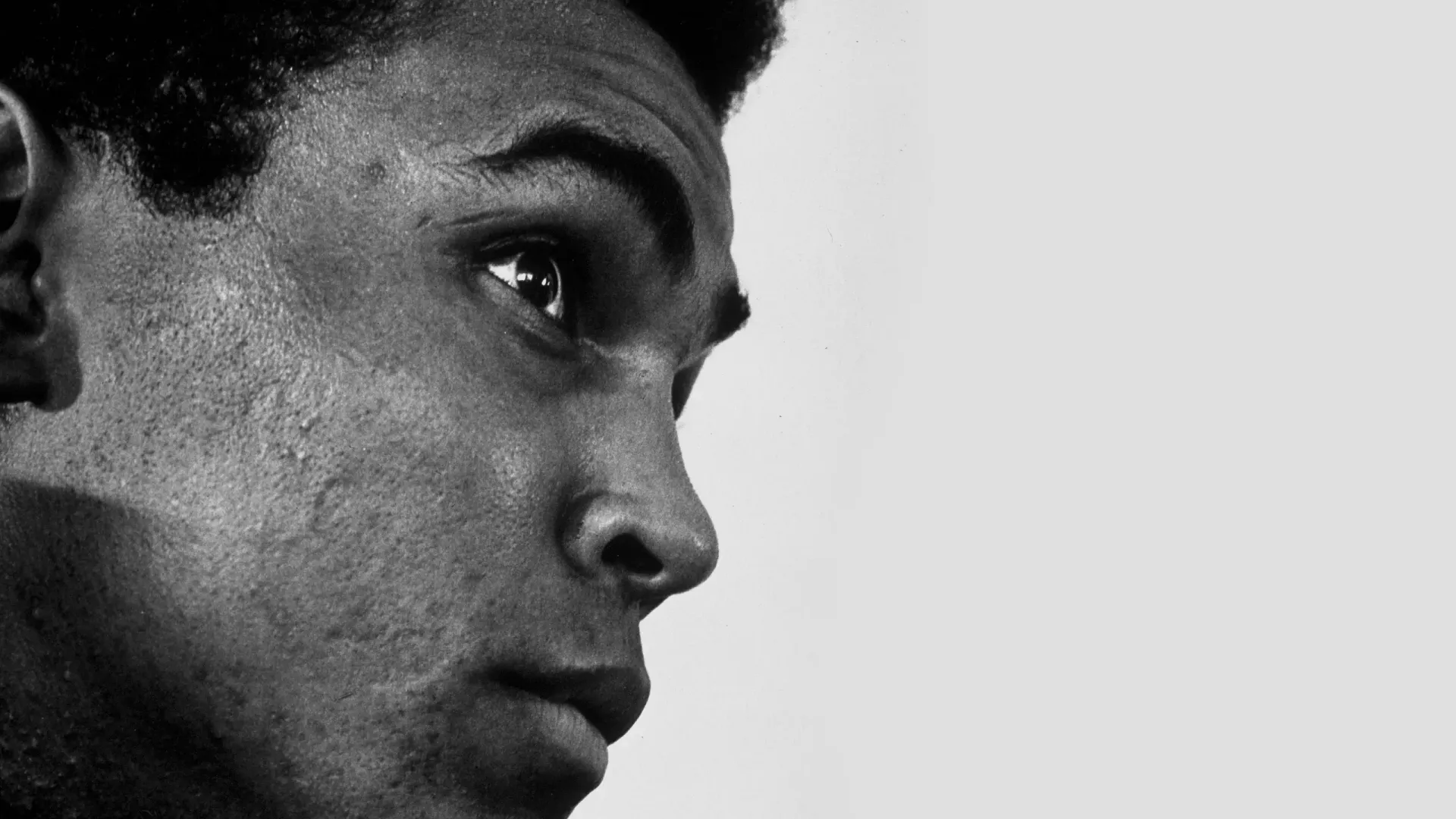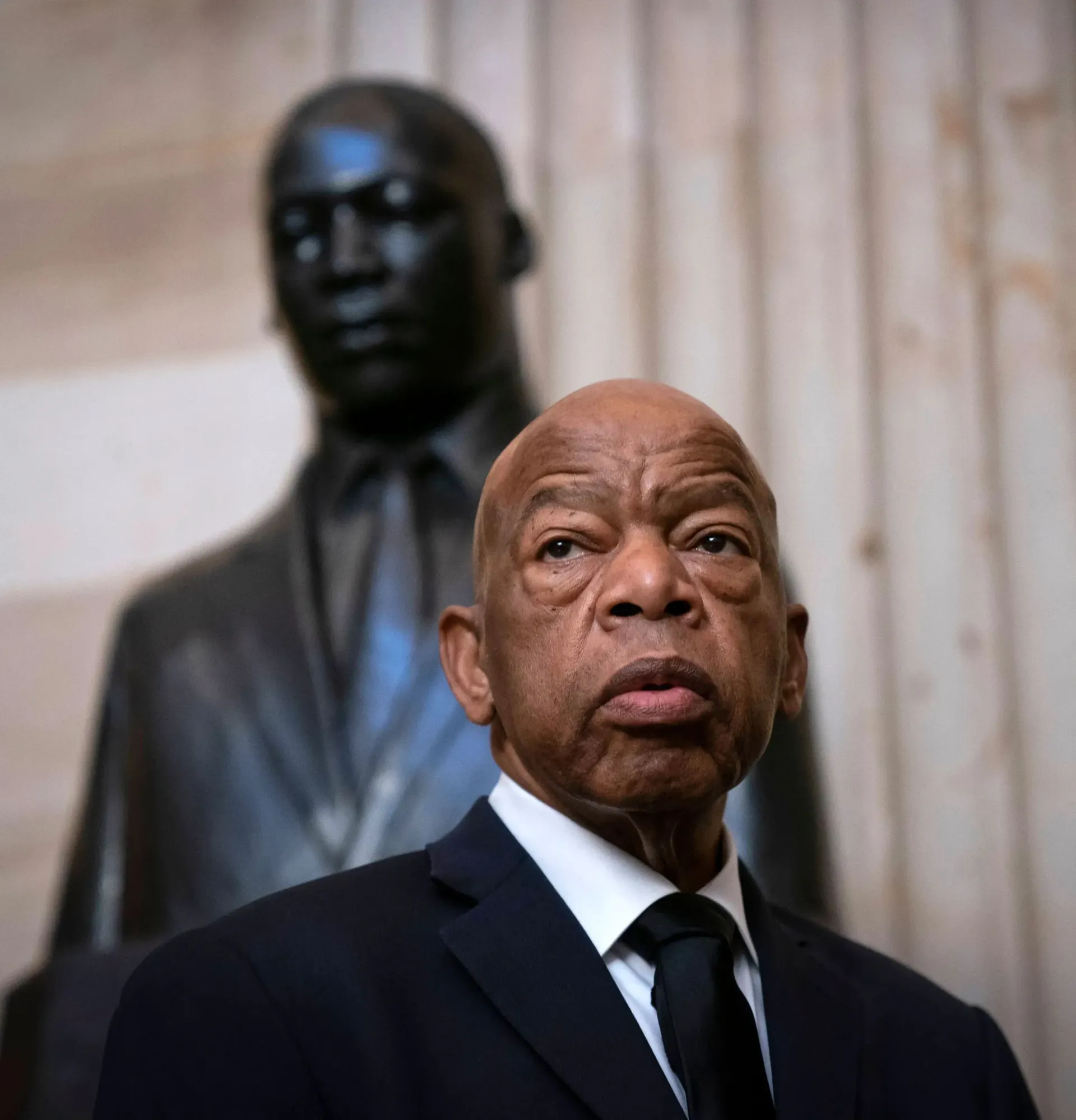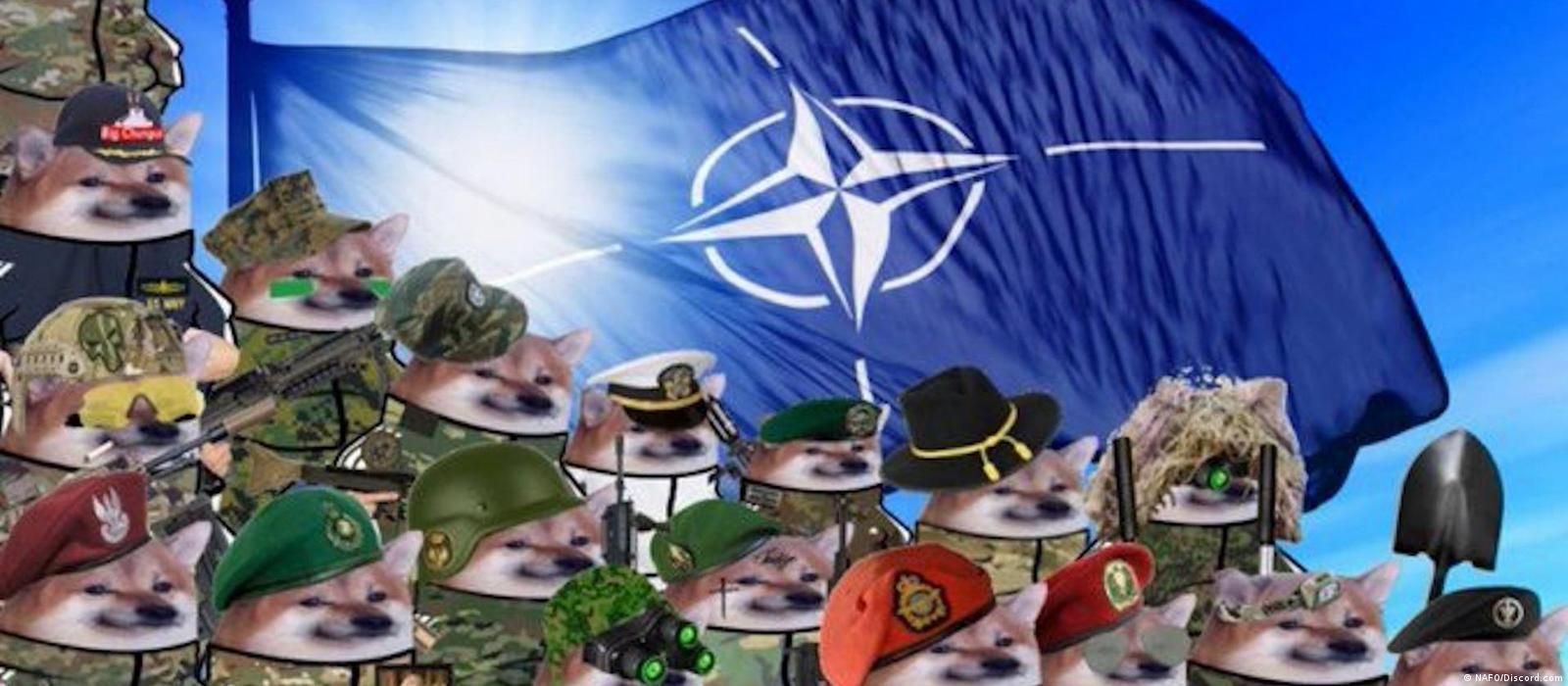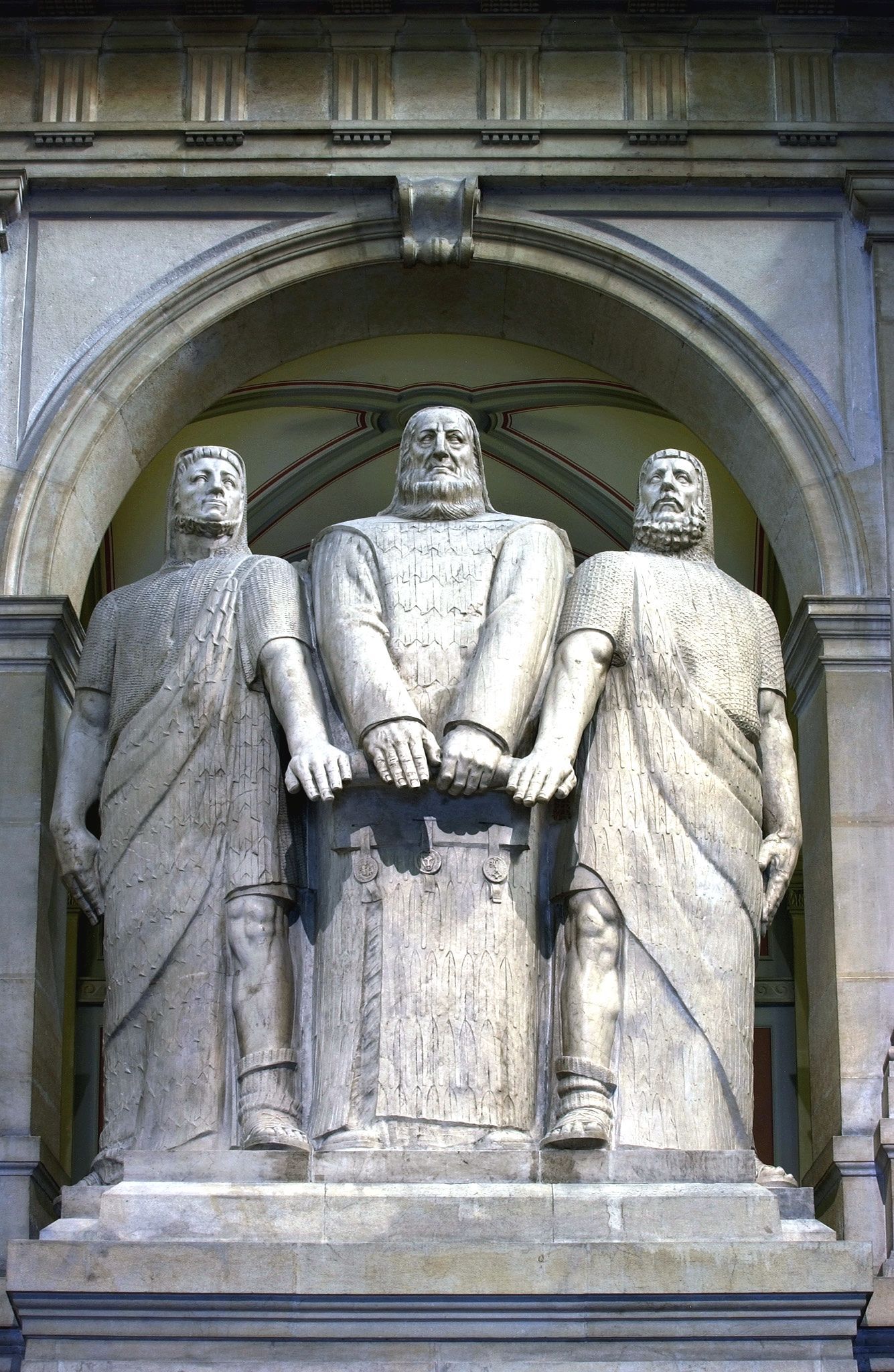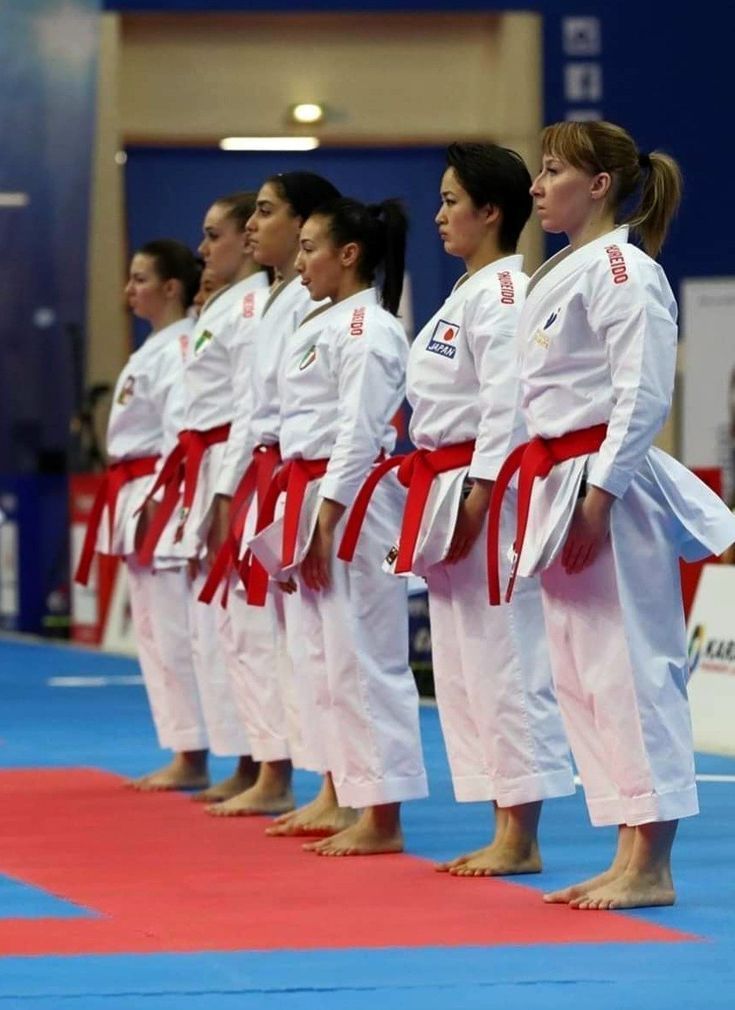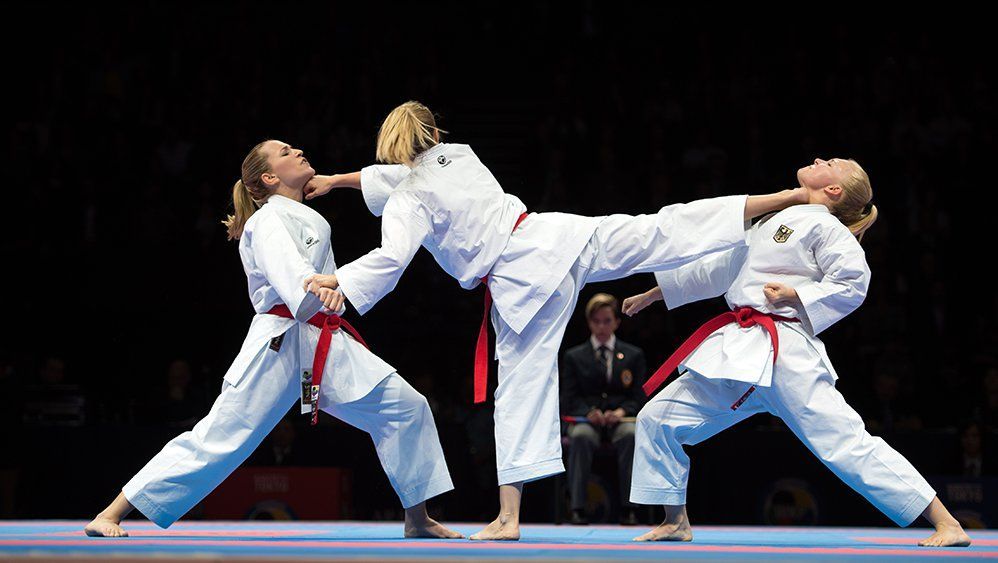This is the Way - Bound by Creed and Oath: The Allure and Challenge of Codex Commonwealths
"This is the Way" - Exploring a modern society bound by shared values and an oath, despite challenges

From the stoic Spartans adhering to their Agoge to the legendary Knights Templar bound by their vows of poverty, chastity, and obedience, history is replete with examples of groups united by shared values and a solemn oath to uphold them. These "Oath Confederacies" or "Codex Commonwealths" have captivated the imagination for centuries, offering a compelling model for fostering a cohesive society built on a robust foundation of shared ideals. Examining the case of the Mandalorians, whose unwavering commitment to their warrior code – embodied in the iconic phrase "This is the Way" – provides valuable insights into the potential and pitfalls of such systems.
The allure of a Codex Commonwealth lies in its fostering of social cohesion. A clearly defined set of values, reinforced by the act of taking an oath, provides a framework for decision-making and behavior. This, in turn, fosters trust and predictability, allowing members to focus on achieving shared goals with a sense of purpose and direction. The Mandalorians, for example, were renowned for their unwavering loyalty, discipline, and formidable fighting prowess, much of which stemmed from their adherence to the Resol'nare, a complex code governing conduct, combat, and even Mandalorian language. This code instilled a sense of shared identity and ensured a unified and formidable fighting force.
However, translating this ancient ideal into a modern Codex Commonwealth faces significant obstacles. The first and perhaps most significant hurdle lies in defining the core values. Can a society as diverse and multifaceted as ours agree on a single set of guiding principles? While the Bushido code, with its emphasis on honor, loyalty, self-discipline, and stoicism, offers a framework, its specific tenets might not translate universally. Practices like ritual suicide (seppuku) would likely face significant ethical and legal challenges. Open and inclusive discourse would be crucial to establish a code that resonates with a broad cross-section of the population, acknowledging and respecting various cultural and moral perspectives. This process would necessitate a delicate balance between preserving the core ethos of the code and ensuring its adaptability to the complexities of a modern society.
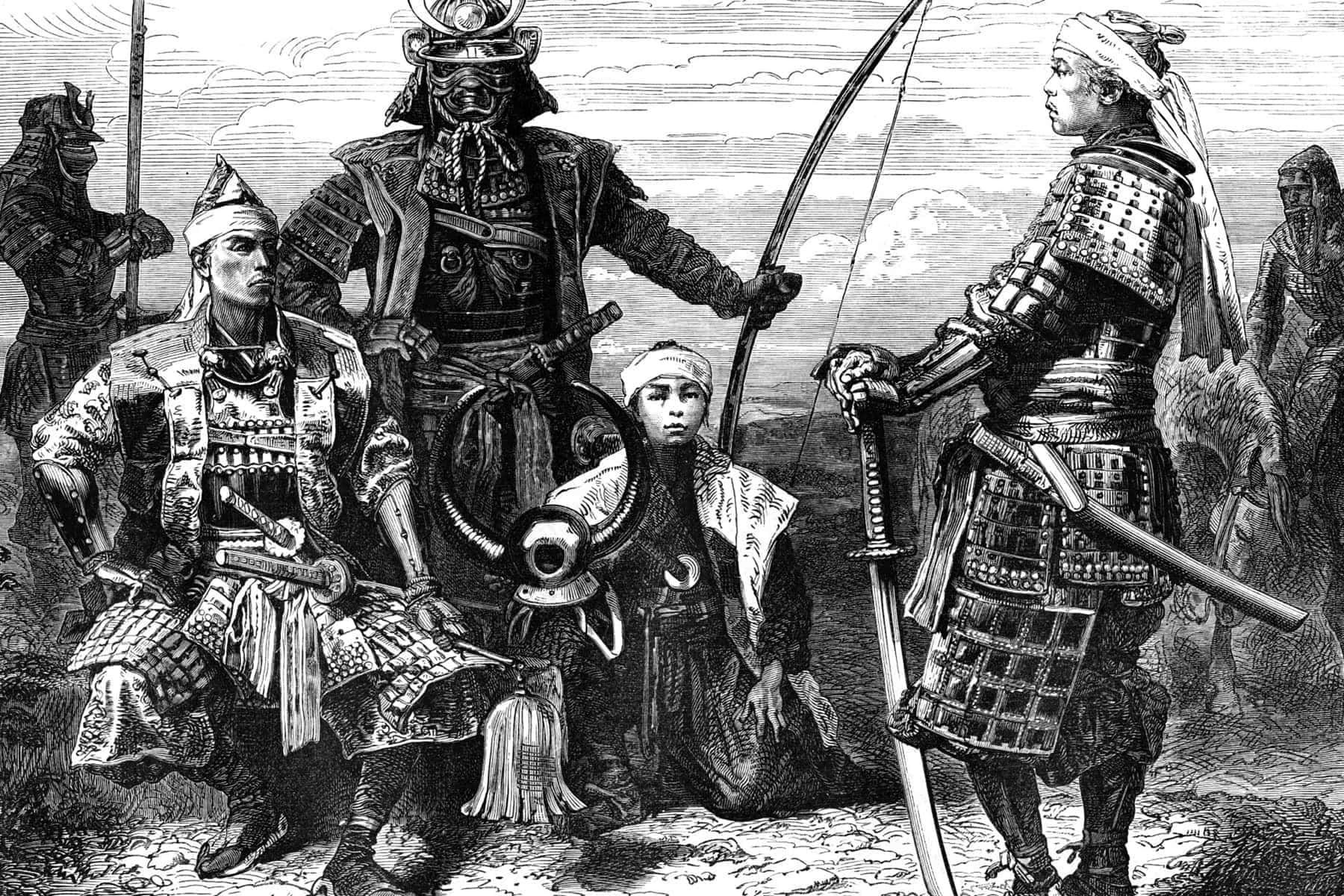
Secondly, the question of self-regulation within such a system is a complex issue. Who enforces the code, and how are these individuals or entities chosen? The Mandalorians relied on a decentralized system of clans with internal accountability, where adherence to the Resol'nare was upheld through a combination of peer pressure, tradition, and sometimes, even exile. In a modern context, this could translate into a council of respected individuals or a peer-review system established within the community. However, maintaining fair and consistent enforcement across a large and diverse community, while ensuring individual rights are protected, would be immensely challenging. Striking a balance between upholding the code's integrity and preventing the emergence of an oppressive or elitist power structure would be crucial.
Perhaps the most significant obstacle to the establishment of a modern Codex Commonwealth lies in external resistance. A society built on a strong moral compass, emphasizing specific values and principles, might be seen as judgmental or exclusionary by those with differing value systems. The Mandalorians, viewed by many as ruthless mercenaries, faced constant mistrust and hostility from the wider galactic community. Similarly, a modern Codex Commonwealth could be ostracized by those who perceive their values as restrictive, their lifestyle as unconventional, or their code as an affront to individual liberties. Addressing these concerns and fostering open communication with the outside world would be essential to overcome this opposition and build bridges of understanding.
Despite these challenges, the concept of a society bound by a shared code offers a potential pathway towards a more meaningful and purposeful existence. The inherent human desire for belonging, for a sense of shared identity and purpose, can be deeply fulfilled within such a framework. Technology could play a vital role in facilitating communication and enforcement within a modern Codex Commonwealth. Online forums could foster discussions on interpreting the code and its application in contemporary situations, while virtual reality simulations could provide training in upholding its principles. Additionally, creating a knowledge repository accessible to both members and outsiders could foster understanding and address potential misconceptions about the code and its adherents.
Ultimately, the success of an Oath Confederacy hinges on its flexibility and adaptability. The code must evolve with the times, remaining relevant to the challenges of the modern world. This necessitates a continuous process of reevaluation and adaptation, ensuring the code's continued relevance without compromising its core principles. The code must also be open to outsiders who wish to embrace its values and contribute to the community. A rigid and exclusionary approach would only serve to perpetuate the "us vs. them" mentality and hinder the potential for positive societal impact.
While the concept of a modern Codex Commonwealth presents considerable logistical and philosophical hurdles, the potential benefits are undeniable. A society grounded in shared values, fostered through a well-defined code and a solemn oath, could foster trust, cooperation, and a sense of purpose. By fostering open dialogue, ensuring equitable enforcement, remaining open to adaptation, and embracing inclusivity, a modern Codex Commonwealth could offer a compelling alternative to the atomization and moral ambiguity that often characterize contemporary society. However, several additional considerations warrant exploration:
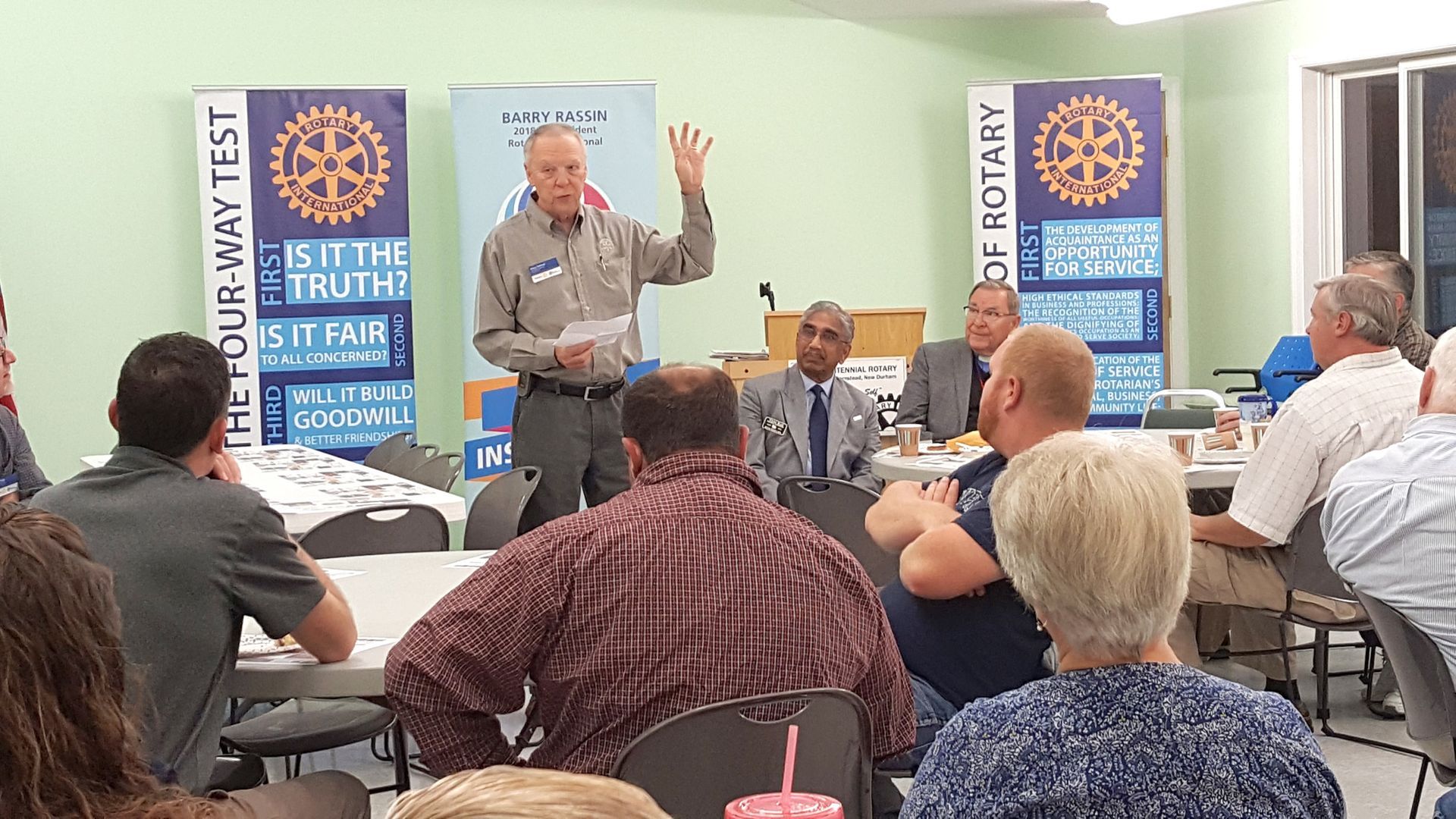
Rotary International is one of the largest service organizations in the world. The mission of Rotary, as stated on its website, is to "provide service to others, promote integrity, and advance world understanding, goodwill, and peace through [the] fellowship of business, professional, and community leaders". It is a non-political and non-religious organization.
Economic and Social Integration: Establishing a viable economic system within a Codex Commonwealth would be crucial. Balancing individual initiative with the needs of the community and upholding the code's values would require a carefully crafted framework. Integrating the Commonwealth into the larger global economy would be another challenge, potentially requiring negotiations and compromises to ensure both economic sustainability and adherence to the code's principles.
Education and Upbringing: Instilling the values and principles of the code in future generations would be paramount. A well-defined education system that fosters critical thinking, ethical decision-making, and an understanding of the code's history and rationale would be essential. This education system would need to navigate the delicate balance between fostering strong adherence to the code while also nurturing individual autonomy and the ability to question and potentially contribute to its evolution.
The Role of Technology: Technology can be a powerful tool for both fostering connection and perpetuating division. Striking a balance between utilizing technology to facilitate communication, education, and enforcement within the Commonwealth, while remaining vigilant against its potential misuse for social control or manipulation, would be crucial.
The Potential for Abuse: Any system of self-regulation, no matter how well-intentioned, carries the inherent risk of abuse. Establishing clear safeguards against the emergence of a tyrannical leadership or the suppression of dissent would be essential. A robust system of checks and balances, coupled with mechanisms for holding leadership accountable, would be necessary to prevent the code from becoming an instrument of oppression rather than a force for good.
The Evolving Nature of Values: The values enshrined in the code are not static entities. As societal norms and understanding of complex issues evolve, the code itself may need to adapt. Establishing a mechanism for evaluating and potentially revising the code, while ensuring a balance between tradition and progress, would be crucial for the long-term viability of the Commonwealth.
In conclusion, the concept of a modern Codex Commonwealth, while fraught with challenges, offers a thought-provoking exploration of social organization and the potential for shared values to foster a more meaningful and cohesive society. Recognizing the inherent complexities, potential pitfalls, and the need for ongoing adaptation are crucial for navigating the path towards a successful implementation. Ultimately, the question of whether such a system could flourish in the modern world remains an open one, inviting further exploration and dialogue. It is a conversation that compels us to contemplate the values we hold dear, the challenges and opportunities of our interconnected world, and the potential pathways towards building a more just and fulfilling future for all.
This is the Way.

